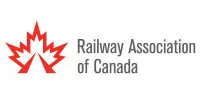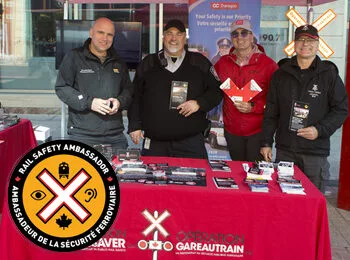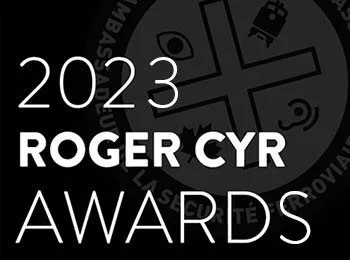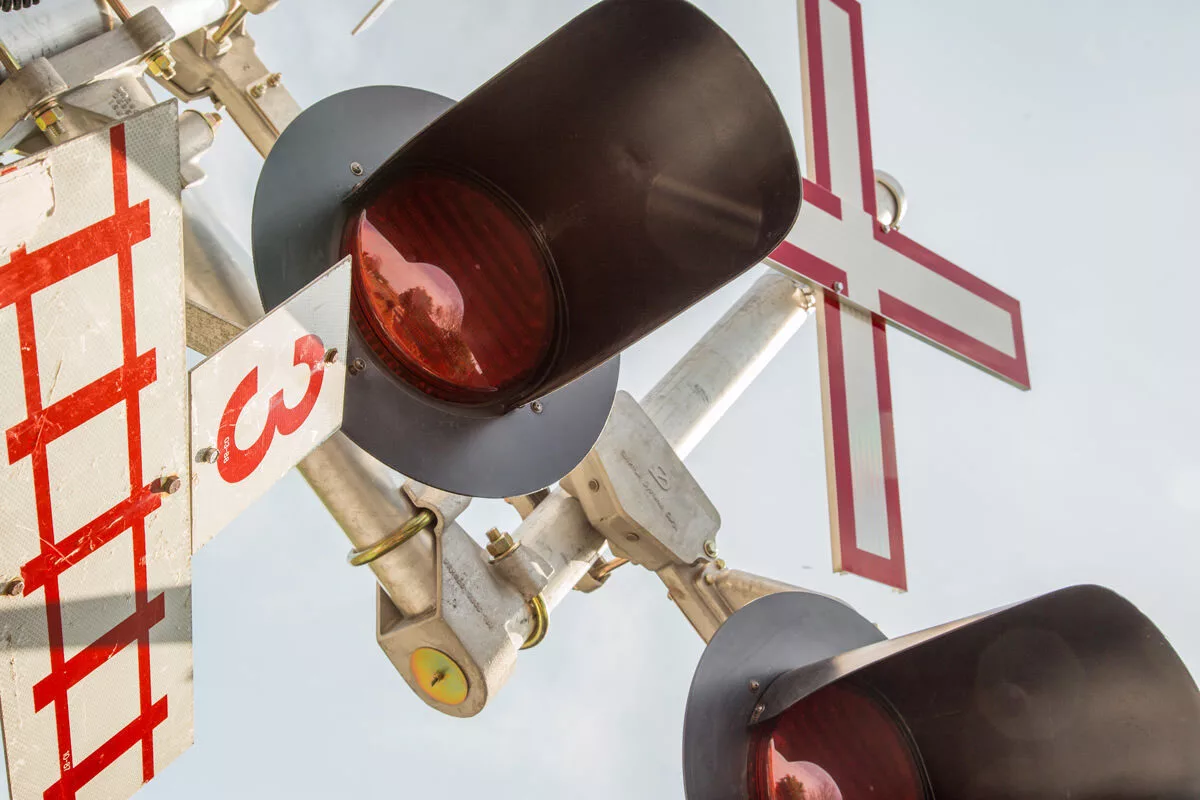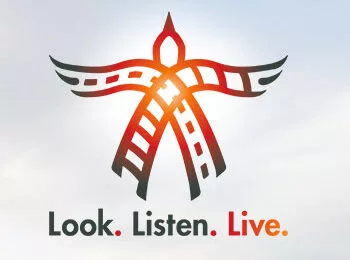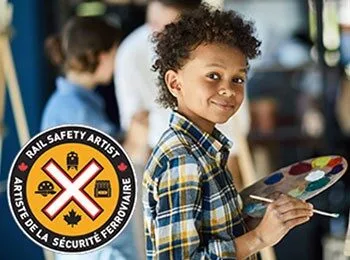OL Team
Operation Lifesaver is made up of a nationwide team dedicated to reducing the number of people injured or killed in railway crossing or trespassing incidents in this country. Our staff, board members, provincial committee members, partners and rail safety ambassadors work together with a common purpose of educating Canadians—and a common goal of saving lives.
Staff
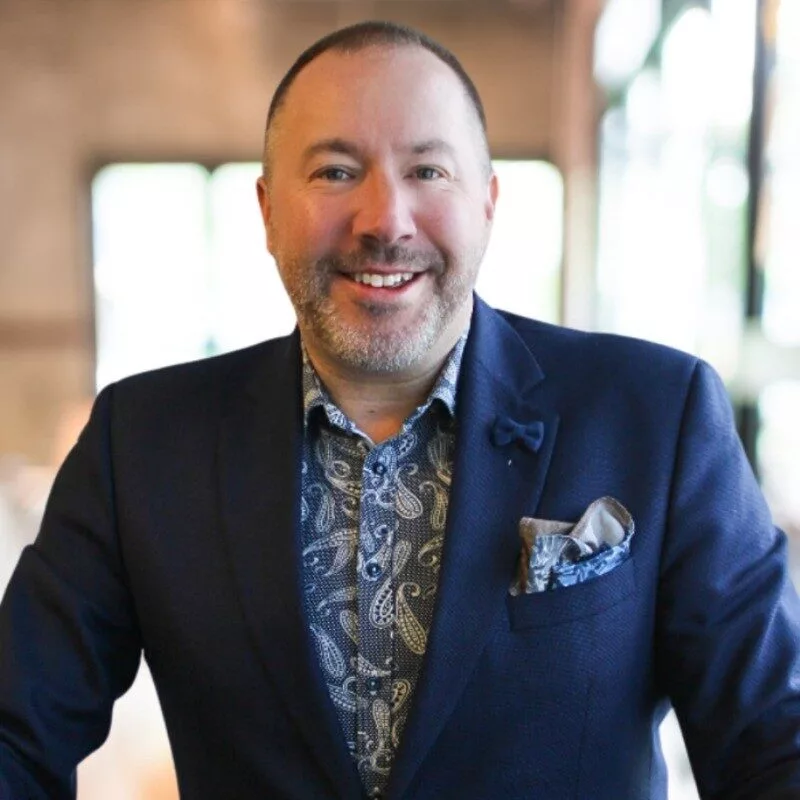
Chris has served as National Director of Operation Lifesaver Canada since January 2024.
His vast experience in the public affairs space includes counseling CEOs, Crown ministers, and other senior leaders. Chris has been recognized as a transformative leader in senior government and C-suite roles. He has led award-winning communications teams and compelling advocacy efforts. He designs and leads winning campaigns by assembling high-performing individuals that deliver outstanding collective results.
Chris has provided invaluable interim leadership in various senior roles at the Railway Association of Canada where he led teams responsible for government relations, research, policy and programs, member and stakeholder relations, and communications and marketing. He has also served in interim executive capacities at CHEO (formerly the Children’s Hospital of Eastern Ontario) and other large, dynamic, and complex organizations.
Chris helps organizations better tell their stories to audiences that matter. A trusted organizational spokesperson, he has deep and constructive relationships with national and local media outlets and with leading social media influencers.
Fluently bilingual, The Hill Times named Chris among the “Top 100 Leading Canada’s Global Future.” Chris has completed post-graduate programs at McGill, Cornell, and uPenn. Having led training and outreach programs for adults and youth, Chris is regularly asked to guest lecture at Carleton University and Algonquin College, where he has been praised for connecting with young audiences.
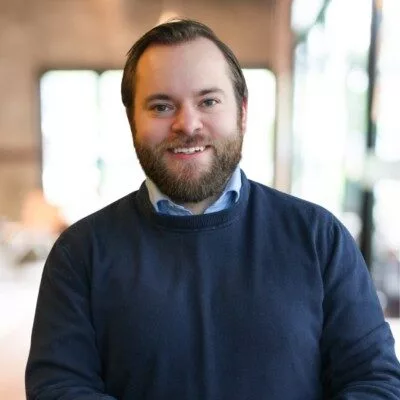
Nick McRoberts is a seasoned leader in communications, branding, and public affairs, with a track record of driving strategic engagement across the public and private sectors. He holds a Bachelor of Social Sciences with Joint Honours in Public Administration and Political Science from the University of Ottawa and honed his expertise in media relations, crisis communications, and reputation management.
A dynamic team builder, Nick specializes in fostering high-performing project teams tailored to each client’s unique needs and goals. He has successfully led major rebranding initiatives for national organizations, developing communications strategies that elevate recognition, engagement, and impact. His ability to craft compelling narratives and mobilize stakeholders has made him a trusted advisor to Federal Ministers, industry associations, and political campaigns, guiding them through the complexities of digital media, public scrutiny, and the 24-hour news cycle.
Beyond political and corporate strategy, Nick has played a key role in executive coaching and thought leadership, helping senior government officials and C-suite executives sharpen their messaging and public engagement approaches. His leadership in media training has empowered organizations to proactively manage crises and seize opportunities in an evolving communications landscape.

Kim Buffone is an Administrative Assistant with a passion for travelling. With over 18 years of experience in the rail industry, I have developed a strong set of skills and a proven track record of success.

When Catherine Henry first applied for her job with Operation Lifesaver (OL), even she had no idea how close to home the work would hit.
The longtime political aide turned communications practitioner was intrigued by OL’s purpose and mission. It was also an opportunity to put her municipal and stakeholder relations experience to new uses.
But when she told her aunt about the role, she discovered a deeper connection.
Catherine learned that her great grandfather, Ralph Henry, a farmer in Ottawa’s rural east-end, had been struck and killed by a train at a level crossing four days before Christmas in 1940.
Archival newspaper reports suggest he was on his way to deliver eggs to a customer when he was struck.
“The consequences of family tragedy suddenly seemed even more real,” Catherine says. And her empathy for family tragedies doesn’t end there: in 2016, Catherine lost a brother to suicide.
“He took his own life totally unexpectedly,” she says. “I know what families go through and the huge ripple effect these types of tragedies can cause. We’re all interconnected. So, this job means a lot.”
Catherine’s earlier jobs have involved advocacy for road safety, cycling safety, and Indigenous participation.
In her current role, Catherine manages OL’s municipal outreach and communications efforts, including its Community Safety Partnership Program and Operation Clear Track initiative.
Catherine has a partner and two teenage daughters and lives in an east Ottawa neighbourhood — not far from where her great grandfather lost his life.
She can lose herself for hours at a time gardening in her sizeable backyard.
Catherine says she is happiest when she is out in nature.
A cyclist and cross-country skier, she commuted to work by bike for many years (prior to the pandemic) and has competed in ski races and loppets. She is also very happy to go at slower paces.
It’s all part of finding balance in life – which, as Catherine knows all too well, can be precious and fleeting.
Board of Directors
Chris Kalmakoff
Deputy Police Chief (Canada)
CPKC Police Service
Calgary, AB
Dr. Katy Kamkar, PhD, CPsych
Clinical Psychologist
Toronto, ON
Farah Kassam
Vice President, Safety
Metrolinx
Toronto, ON
J.E. Célestin
Deputy Police Chief
VIA Rail Canada
Montreal, QC
Jenelle Saskiw
Project Manager
RAC Proximity Initiative
Marwayne, AB
Shawn Will
Chief of Police - Operations
Canadian National Railway
Montreal, QC
Stéphane Tardif (Chair)
Senior Director, Safety & Security
Genesee & Wyoming Canada
Montreal, QC
Steve Sylvester
Manager Rail Assets and Contracts
TransLink
Vancouver, BC
Eric Harvey
President and Chief Executive Officer
Railway Association of Canada
Ottawa, ON
Provincial Committees
Click on a province to contact a regional representative.
Program Advisory Council
André LeBreux
CN, Québec Committee Chair
Aniss Jaafari
VIA Rail Canada
Brad Bidulka
CPKC, Saskatchewan Committee Co-Chair
Brenda Land
CPKC
Casey Tabah
CN
Henry Neumiller
CN, Saskatchewan Committee Co-chair
Amber Bryer
OL Ontario Committee Co-chair
Li-Lian Lui
OL Ontario Secretary
Phil Breden
OL B.C. Committee Chair
Sandra LaRose
Road Safety Consultant
Stephen Cross
Clifton Associates, Alberta Committee Chair
Simon-Pierre Crete
CPKC, Manitoba Committee Chair
(Vacancy)
OL Atlantic Committee Chair
(Vacancy)
OL Maritime Committee Chair

